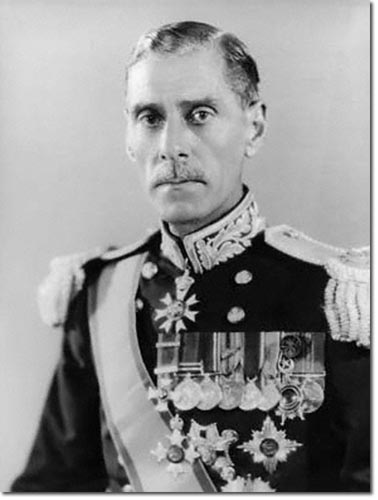|
|

 |
|
From 1909 to 1912 George Symes was assistant director of intelligence at Khartoum and from 1913 to 1916 private secretary to the governor-general. In fact he spent most of his military service in the Middle East in one form or another.
In 1934 Symes returned to Sudan as governor-general, where he put his ideas into practice. He did much to encourage economic advance, and to develop the role of departmental services in the administration. He deprecated the old-fashioned role of district officers as jacks of all trades, and considered that many of their duties should be transferred to specialist departments such as the police, the judiciary, and revenue services. He economized by amalgamating provinces and districts. Symes's experience in Cairo and his acquaintance with many leading Egyptians were valuable during the negotiations for the Anglo-Egyptian treaty of 1936, and he maintained Sudan's constitutional position at the expense of relatively minor concessions to the Egyptians. In the two years before the outbreak of war in 1939 considerable preparations were made under his guidance: stores of all kinds and military supplies were accumulated which proved of the greatest value in the campaigns on Sudan's frontiers in 1940-41. Until the Italians entered the war in June 1940 Symes was not allowed by the British government to expand the Sudan defence force or to let British civilians of military age leave Sudan to join the forces. For this he was much criticized locally, but it proved beneficial later when the Sudan defence force was expanded, and British civilians with Sudan experience were available for service in the new units and in occupied enemy territory administration. The loyalty of the Sudanese people and their unswerving support for Britain and her allies in the darkest days of the war were a testimony to the policies of Symes and his predecessors in administering the country. An Arabic speaker, Symes had many contacts with the Sudanese, with both the educated elite and the country folk. Tall, slim, good-looking, he was forthcoming and easy with junior officers and in discussion his manner was friendly and open. He was critical of many long-held preconceived ideas and debunked many shibboleths, thereby effectively shaking up Sudan's administration. Towards the end of 1940 he left Sudan and settled in South Africa until the end of the war. During this period he wrote a book of reminiscences, Tour of Duty (1946). On his return to England he spent his retirement in voluntary work for several charitable causes. |
Armed Forces | Art and Culture | Articles | Biographies | Colonies | Discussion | Glossary | Home | Library | Links | Map Room | Sources and Media | Science and Technology | Search | Student Zone | Timelines | TV & Film | Wargames